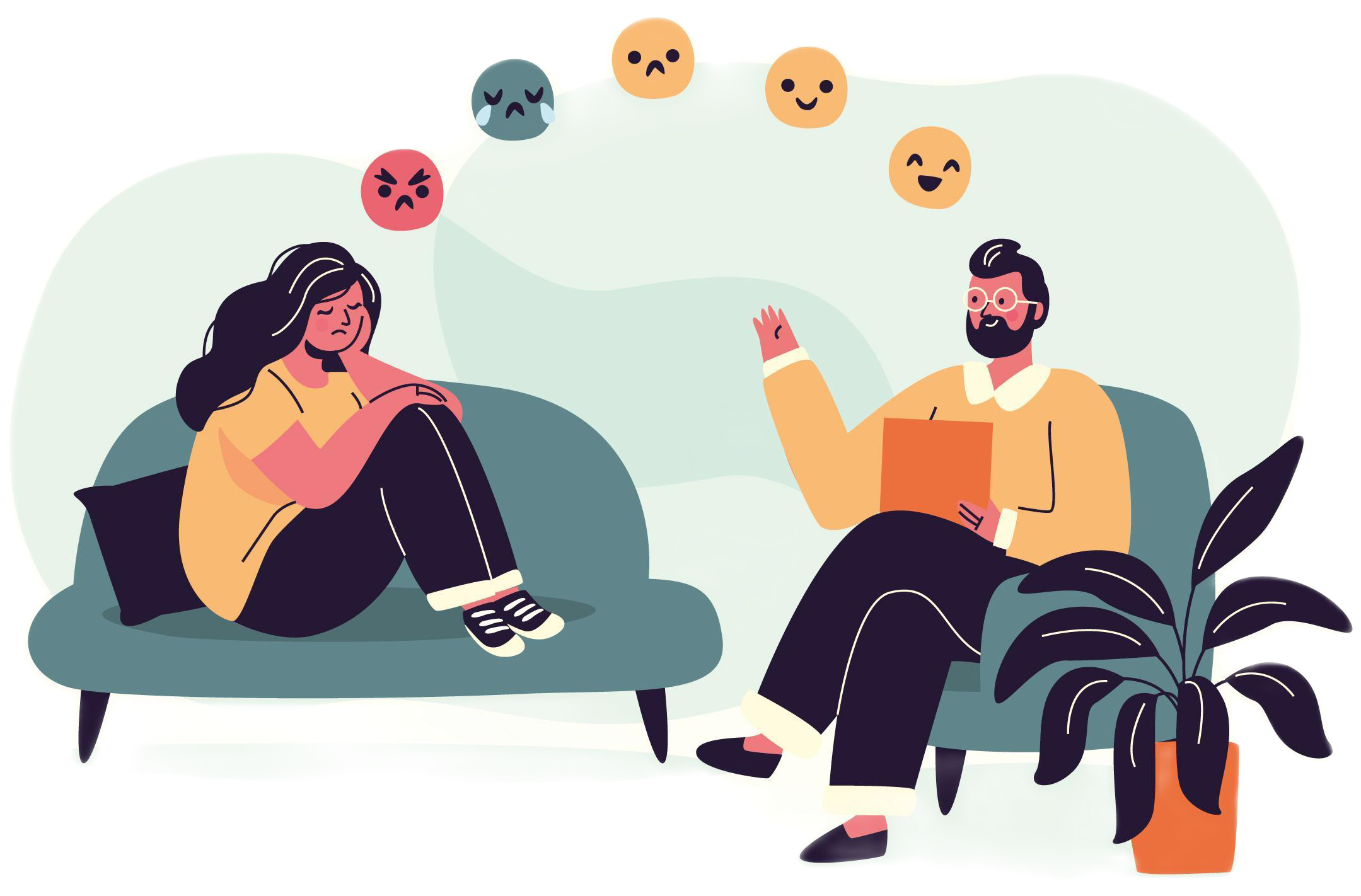In the hustle and bustle of modern life, the importance of a good night’s sleep is often underestimated. However, when insomnia becomes a persistent companion, it may be more than just a fleeting inconvenience; it could be a signal of underlying mental health concerns. Let’s explore the intricate relationship between insomnia and mental well-being and delve into how psychotherapy can play a crucial role in restoring balance.
**The Vicious Cycle:**
Insomnia, characterized by difficulty falling asleep or staying asleep, can create a vicious cycle with mental health issues. Stress and anxiety, often byproducts of our fast-paced lives, can contribute to sleep disturbances. Conversely, insufficient or poor-quality sleep can exacerbate feelings of stress and anxiety, creating a loop that’s challenging to break.
**Anxiety and Racing Thoughts:**
One of the key factors behind sleeplessness is anxiety. It can be challenging to unwind and relax when one’s mind is racing with worries about the future or other issues, which keeps the mind from entering the restorative state required for good sleep. As sleeplessness continues, the exhaustion that follows may exacerbate anxiety levels even more, starting a vicious cycle.
**Depression and Sleep Disturbances:**
Insomnia is a common companion to depression, and the relationship between the two is complex. Some individuals with depression experience hypersomnia, sleeping excessively, while others struggle with insomnia. The lack of restorative sleep can contribute to feelings of hopelessness and exacerbate the other symptoms of depression.
**Understanding the Impact:**
Insomnia doesn’t just leave individuals feeling tired; it can have far-reaching consequences for mental health. The cognitive effects of sleep deprivation include impaired concentration, memory difficulties, and an overall decline in cognitive function. Emotionally, it can lead to irritability, mood swings, and heightened sensitivity to stressors.
**Breaking the Cycle:**
Recognizing insomnia as a potential sign of mental health concerns is the first step toward breaking the cycle. Seeking professional help is crucial, and psychotherapy can be a powerful tool in addressing both the sleep disturbances and the underlying mental health issues.
**The Role of Psychotherapy:**
Talk therapy, often known as psychotherapy, offers a secure and encouraging environment for people to investigate the underlying causes of their sleeplessness and other associated mental health issues. One particular type of psychotherapy that has demonstrated remarkable success in treating sleep disorders is cognitive-behavioral treatment for insomnia, or CBT-I. CBT-I assists people in recognising and altering harmful thought patterns and behaviors that fuel insomnia.


